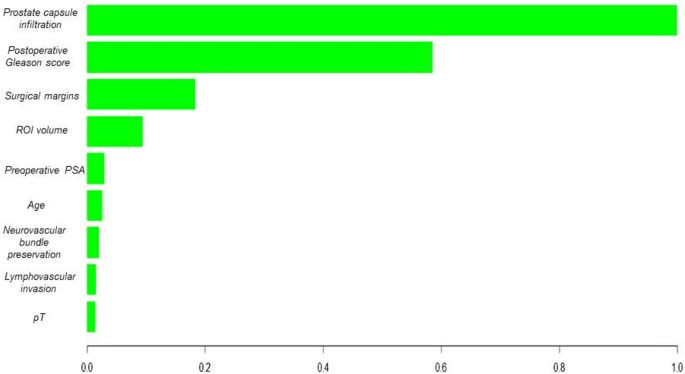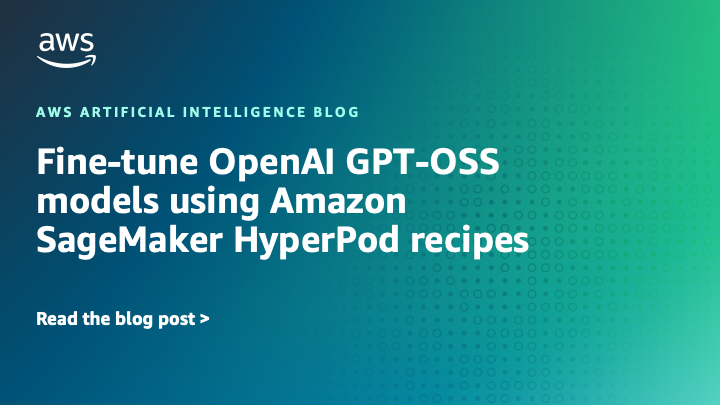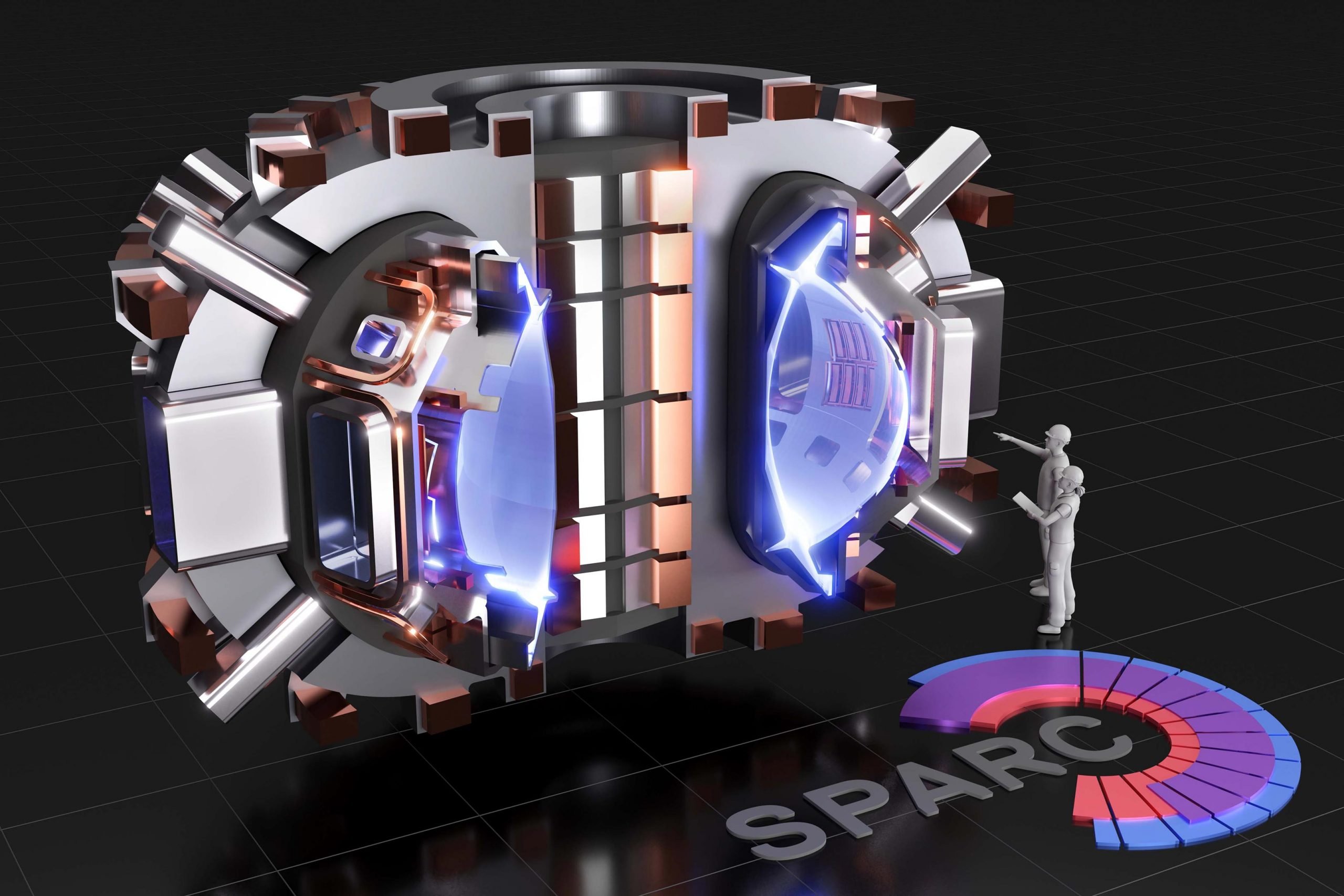Introduction Prostate cancer (PCa) is a major public health issue in developed countries1. Radical prostatectomy (RP) is associated with a lower incidence of disease progression than active monitoring2,3. However, one-third of patients experience biochemical recurrence (BCR) after the procedure4,5. Previous studies have shown that the survival rate of patients with BCR is 20% lower after
How to pass the AWS AI Practitioner exam on your first try – The Server Side
If you want to enhance your resume and give yourself a little more job security, you really need to get AWS AI Practitioner certified.
Why get AI practitioner certified?
Artificial Intelligence has moved from being an emerging idea to becoming an essential skill in modern technology.
AI, ML and integration with LLMs is now part of how organizations operate, whether through automating tasks or enabling innovation on a global scale.
Building AI literacy not only future-proofs a career but also creates opportunities for higher-paying roles, since employers are actively searching for professionals with AI capabilities.
To address this new reality, AWS created the AWS Certified AI Practitioner exam, also known as AIF-C01. The goal of this certification is to validate a strong foundation in artificial intelligence, machine learning, and generative AI while emphasizing the services AWS offers in this space.
Having recently completed the certification, I want to share what it covers, how I studied, and what strategies helped me succeed.
AWS AI Practitioner exam format
The AWS AI Practitioner exam consists of 85 questions that must be completed in 120 minutes. The exam costs 75 US dollars and can be taken online or at a testing center. The passing score is 700 out of 1000.
The content is divided into five main areas of focus:
- The first is AI and ML fundamentals, which includes definitions of AI, ML, and deep learning, types of learning such as supervised and unsupervised, and common use cases like fraud detection and natural language processing.
- The second is generative AI fundamentals, which emphasizes large language models, transformers, diffusion models, and prompt engineering, with particular attention to services like Amazon Bedrock and Amazon Q.
- The third is applications of foundation models, which carries the most weight in the exam and covers topics such as fine-tuning, zero-shot and few-shot learning, and retrieval-augmented generation.
- The fourth domain covers responsible AI, which includes fairness, transparency, and bias mitigation.
- The final domain is security, compliance, and governance, which ensures understanding of encryption, data governance, and regulatory frameworks for AI solutions.
Study resources
To prepare, I used a mix of AWS’s official resources and independent training material.
The AWS Skill Builder prep course was very effective because it was structured directly around the exam domains and included sample questions at the end of each section. I also followed a detailed video course on Udemy that provided hands-on demonstrations of key services such as SageMaker and Bedrock.
These demos were invaluable for understanding features that were harder to grasp in theory.
In addition to these two resources, I reviewed AWS documentation to study service overviews and practical use cases.
I also relied heavily on practice exams that mimicked the style of the real test, sometimes presenting tougher questions than I eventually encountered. This helped build confidence.
Throughout my study I kept detailed notes, which became my go-to tool for quick review before the exam.
Study plan
I dedicated four weekends in a row to preparation, spending perhaps 40 hours in total studying.
Fifteen of those hours were spent watching training videos, another fifteen were spent working through projects that I deployed to AWS, while the remaining hours were spent on practice AWS AI Practitioner practice exams.
One technique that I highly recommend is to take the practice exams before you even start studying.
Seriously, imagine you were given your final college exam in high school before you sat for the actual test. How much more focused and tailored would your study be if you knew what to expect from the onset?
It’s a certification strategy I always recommend, and it’s worked well for me when preparing for the Scrum Master certification exam, Product Owner certification exam and now the AWS AI Practitioner exam.
Exam day experience
The exam was fair and manageable. Although the time limit was 120 minutes, I completed all 85 questions in less than hour.
I had marked a few questions but I didn’t go back to them. I’ve always been told that your first instinct is usually the correct one, so I don’t like going back and second-guessing questions unless something asked in the exam jogs my memory and I have new information that justifies changing an answer.
Most questions were scenario-based and required mapping a business need to the right AWS service.
For example, knowing to use Amazon Rekognition for image analysis instead of building a custom machine learning model would score you exam points.
Recurring topics on the exam included SageMaker, Bedrock, Amazon Q, prompt engineering, supervised learning, token usage, and responsible AI principles. All of these topics were heavily covered in the practice exams I used, so I felt well prepared for the real questions.
Is AWS’s AI Practitioner cert worth it?
In my view, the AWS AI Practitioner certification is an excellent investment. It strengthens your fundamentals in artificial intelligence and machine learning while giving you the ability to understand and apply AWS AI services. It also positions you to pursue more advanced paths such as the AWS Machine Learning Associate or the Machine Learning Specialty certifications.
Beyond career progression, this certification builds confidence in discussing AI with stakeholders, contributing to AI-driven projects, and identifying opportunities to integrate AI into existing architectures. It is not just a certificate on paper but a foundation that helps you participate meaningfully in the AI-first world.
Get the AWS AI Practitioner exam and add a little bit of artificial intelligence, prompt engineering and machine learning concepts to your resume. You won’t regret it.



